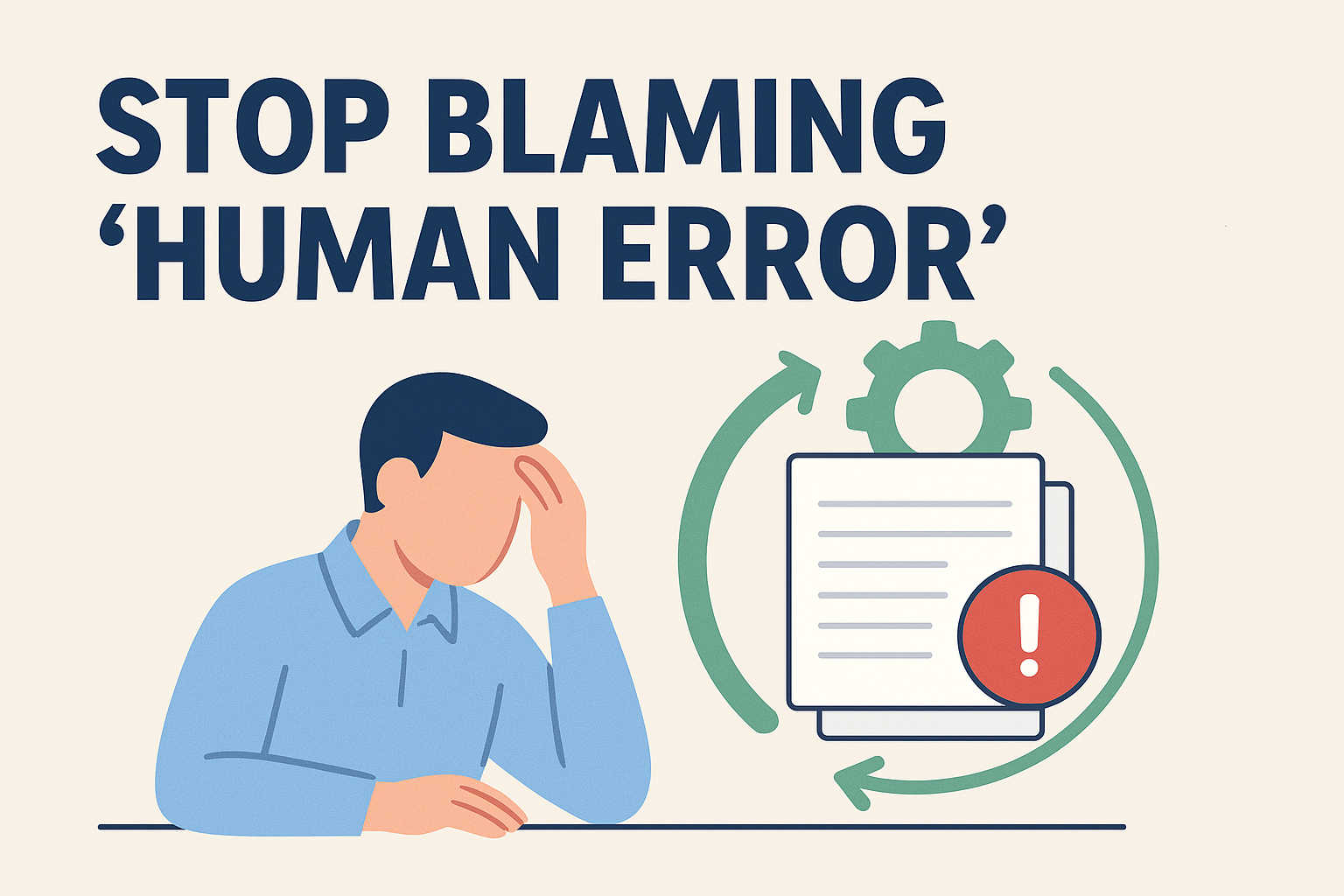Mohamad-Ali Salloum is a Pharmacist and science writer. He loves simplifying science to the general public and healthcare students through words and illustrations. When he's not working, you can usually find him in the gym, reading a book, or learning a new skill.
The Paradox of Positive Change: Understanding Stress in the Face of Beneficial Transitions
Share
Change is an inevitable part of life, and while it often brings growth and new opportunities, it can also be a significant source of stress. This paradox is particularly intriguing when the change is positive, such as a promotion, marriage, or moving to a dream home. Understanding why positive changes can induce stress requires delving into psychological concepts and examining real-life examples.
The Nature of Stress
Stress is a psychological and physiological response to perceived challenges or threats. It activates the body’s “fight or flight” response, releasing hormones like cortisol and adrenaline. While this response is crucial for survival, chronic stress can lead to various health issues, including anxiety, depression, and cardiovascular problems.
Positive Change and Stress
Positive changes, despite their benefits, can disrupt our routines and challenge our coping mechanisms. This phenomenon can be explained through several psychological theories and concepts:
- Cognitive Appraisal Theory: Proposed by Lazarus and Folkman, this theory suggests that stress is a result of how we appraise or interpret an event. Even positive changes can be appraised as stressful if they are perceived as overwhelming or if they require significant adjustment.
- Homeostasis and Allostasis: Homeostasis refers to the body’s ability to maintain a stable internal environment. Allostasis, on the other hand, is the process of achieving stability through change. Positive changes can disrupt homeostasis, requiring the body and mind to adapt, which can be stressful.
- Uncertainty and Ambiguity: Positive changes often come with uncertainty and ambiguity. For example, a promotion might bring new responsibilities and expectations, leading to uncertainty about one’s ability to meet these demands.
Analogies and Examples
To illustrate how positive changes can induce stress, consider the following analogies and examples:
1. Starting a New Job
While landing a new job is exciting, it can also be stressful. The need to learn new skills, adapt to a different work culture, and establish relationships with new colleagues can be overwhelming. The pressure to perform well and meet expectations adds to the stress.
2. Becoming a Parent
The birth of a child is a joyous event, but it brings significant changes and responsibilities. New parents often experience stress due to sleep deprivation, the need to balance work and family life, and concerns about their parenting abilities. The transition to parenthood requires substantial adjustment and can be a source of anxiety.
3. Graduating from College
Graduating from college is a major milestone, but it also marks the beginning of a new phase in life. The uncertainty of finding a job, moving to a new city, and becoming financially independent can be stressful. The shift from the structured environment of academia to the unpredictability of the job market can cause anxiety.
4. Buying a Home
Purchasing a home is a significant achievement, but it involves a complex process that can be stressful. The financial commitment, the paperwork, and the potential for unexpected issues with the property can create anxiety. Additionally, moving and settling into a new neighborhood requires adjustment.
5. Retirement
Retirement is often seen as a time to relax and enjoy life, but it can also be a source of stress. The loss of a structured daily routine, changes in social interactions, and concerns about financial security can cause anxiety. Adjusting to a new lifestyle and finding meaningful activities to fill the time can be challenging.
6. Winning a Lottery or Receiving a Large Inheritance
While receiving a large sum of money is generally positive, it can also bring stress. The sudden change in financial status can lead to concerns about managing the money, making wise investments, and dealing with requests for financial help from friends and family. The fear of losing the money or making poor decisions can be overwhelming.
7. Starting a New Relationship
Entering a new romantic relationship is exciting, but it can also be stressful. The process of getting to know someone, building trust, and navigating the dynamics of a new relationship can cause anxiety. The fear of vulnerability and the potential for conflict or disappointment can add to the stress.
8. Achieving a Major Personal Goal
Accomplishing a significant personal goal, such as completing a marathon or writing a book, is a positive change. However, the pressure to maintain the achievement, set new goals, and live up to one’s own expectations can be stressful. The transition from striving towards a goal to maintaining the success can be challenging.
9. Traveling or Relocating Abroad
Moving to a new country for work or study is an exciting opportunity, but it involves significant adjustments. Adapting to a new culture, language, and lifestyle can be stressful. The process of building a new social network and dealing with homesickness adds to the anxiety.
10. Starting a Business
Launching a new business is a positive change that brings the potential for growth and success. However, it also involves significant risks and uncertainties. The pressure to secure funding, attract customers, and manage operations can be overwhelming. The responsibility of being an entrepreneur and the fear of failure can cause stress.
These examples highlight how even positive changes can disrupt our routines and challenge our coping mechanisms, leading to stress. Understanding this paradox can help us better prepare for and manage the stress associated with beneficial transitions.
Coping with Stress from Positive Changes
To manage stress associated with positive changes, consider the following strategies:
- Mindfulness and Relaxation Techniques: Practices such as meditation, deep breathing, and yoga can help reduce stress by promoting relaxation and present-moment awareness.
- Social Support: Seeking support from friends, family, or support groups can provide emotional comfort and practical advice during times of change.
- Gradual Adjustment: Allowing time for gradual adjustment to new roles and environments can help reduce the overwhelming nature of change.
- Positive Reappraisal: Reframing the change as an opportunity for growth and learning can shift the focus from stress to positive outcomes.
Conclusion
While positive changes are often welcomed, they can also be significant sources of stress. Understanding the psychological mechanisms behind this paradox can help individuals better navigate transitions and maintain their well-being. By employing effective coping strategies, it is possible to embrace change while minimizing its stressful impact. To know more about these strategies, check this article.
References
- Lazarus RS, Folkman S. Stress, Appraisal, and Coping. New York: Springer Publishing Company; 1984.
- McEwen BS. Stress, Adaptation, and Disease: Allostasis and Allostatic Load. Ann N Y Acad Sci. 1998;840:33-44.
- Selye H. The Stress of Life. New York: McGraw-Hill; 1956.
- Folkman S, Moskowitz JT. Positive Affect and the Other Side of Coping. Am Psychol. 2000;55(6):647-654.
List of Services
ABOUT THE AUTHOR
Mohamad-Ali Salloum, PharmD
Share
Recent articles:





















